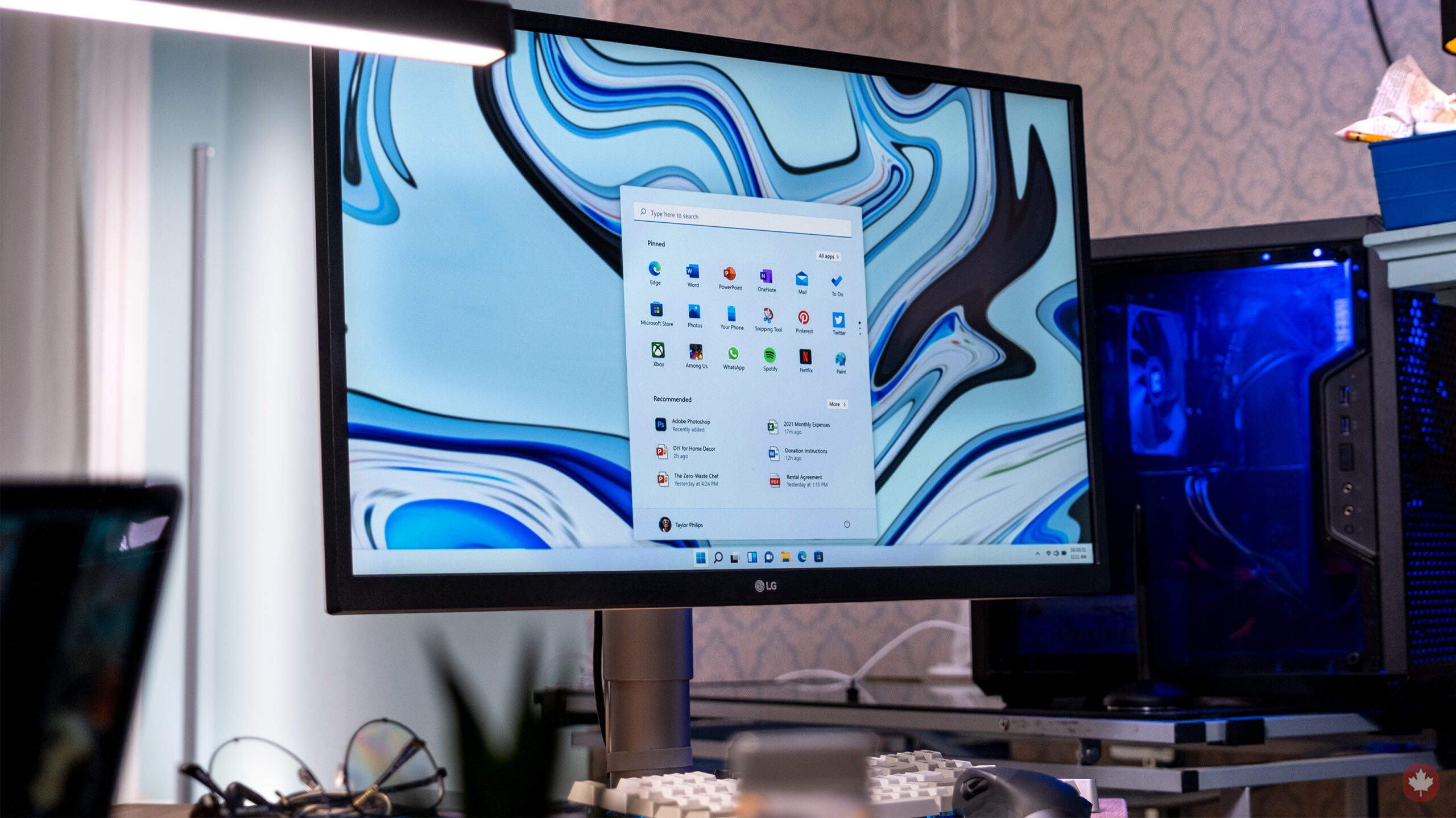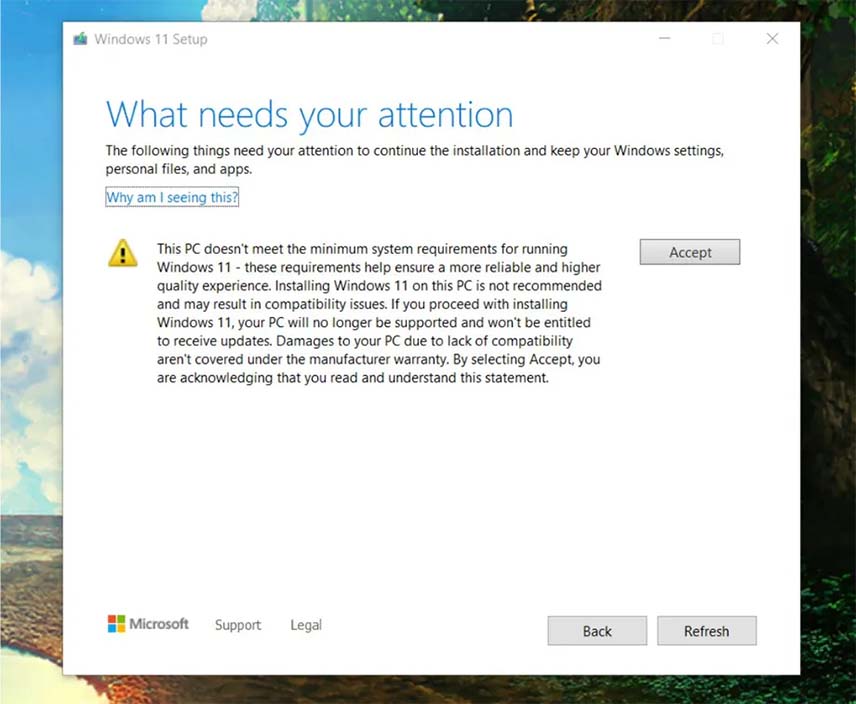
Ahead of Microsoft’s Surface event on September 22nd, the company finally rolled out its upgraded PC Health Check app.
If you’ve been following the ongoing Windows 11 upgrade debacle, you’re likely familiar with the PC Health Check app. For those who aren’t, Microsoft released the app alongside the initial Windows 11 announcement for people to scan their PC and check if it’s compatible with the new OS.
Unfortunately, the app didn’t offer an explanation when a PC failed the check. Since Microsoft’s seemingly arbitrary security and CPU requirements caused many capable, custom-built PCs to fail, Windows users were left scrambling, trying to figure out why and what they could do about it. At the time, the most logical explanation was that the new TPM requirement caused PCs to fail the check, which resulted in prices for TPMs spiking as people rushed to buy them. Additionally, tons of coverage detailed how some CPUs had built-in TPM capabilities and explained how users could enable that functionality.
Ultimately, Microsoft pulled the PC Health Check app and promised to bring it back with more clarity and detail. The new version rolled out to Windows Insiders in August and is now generally available. You can download it from the bottom of Microsoft’s Windows 11 website.
PC Health Check now says why your computer isn’t compatible with Windows 11
However, a lot has changed since the initial PC Health Check app. For one, Microsoft has made an effort to better explain the strict hardware requirements for Windows 11. While some would argue that the company hasn’t been successful, I’d say at least we have a better understanding of which CPUs Windows 11 doesn’t support, if not why Microsoft chose not to support them.
This is made worse by the fact that many people have been able to run Windows 11 just fine on hardware that supposedly wouldn’t be supported by the new OS. A great example of this is The Verge’s Tom Warren, who wrote that he ran the new PC Health Check app on his desktop PC and received a message that the PC isn’t compatible, despite that the PC was running Windows 11 when he performed the test.
Moreover, that seems to back up information Microsoft provided in August — the company said it wouldn’t block PCs with older CPUs from installing Windows 11. However, Microsoft also followed up that announcement by saying it might withhold future updates, including security updates, from PCs with unsupported hardware.
New installer message warns of compatibility issues on unsupported hardware

Windows 11 installer message (Credit: The Verge)
Additionally, Warren reports that the Windows 11 installer now pops up with a new message that basically warns your PC isn’t supported, that there may be compatibility issues because of it, and that running Windows 11 may void your warranty. The warning doesn’t exactly inspire confidence, although it may also simply be a way for Microsoft to cover its ass should something go really wrong.
All this is to say that the Windows 11 upgrade remains confusing and frustrating, especially for people with custom-built PCs or older, but still capable, hardware. Even my Windows 10 desktop with a 10th Gen Intel CPU was listed as incompatible with Windows 11 until I dug into the BIOS and changed several settings. The refreshed PC Health Check app should help identify cases where Windows users can get away with just that — changing some settings to get their PC in order. But for those who don’t have a CPU on Microsoft’s special list, you’re still out of luck.
Source: The Verge
MobileSyrup may earn a commission from purchases made via our links, which helps fund the journalism we provide free on our website. These links do not influence our editorial content. Support us here.


